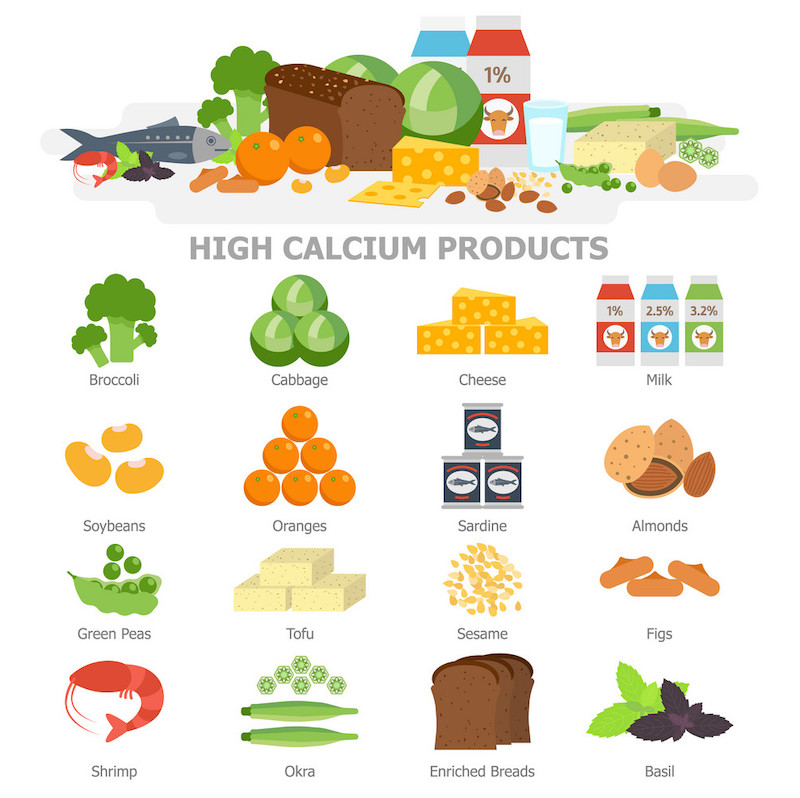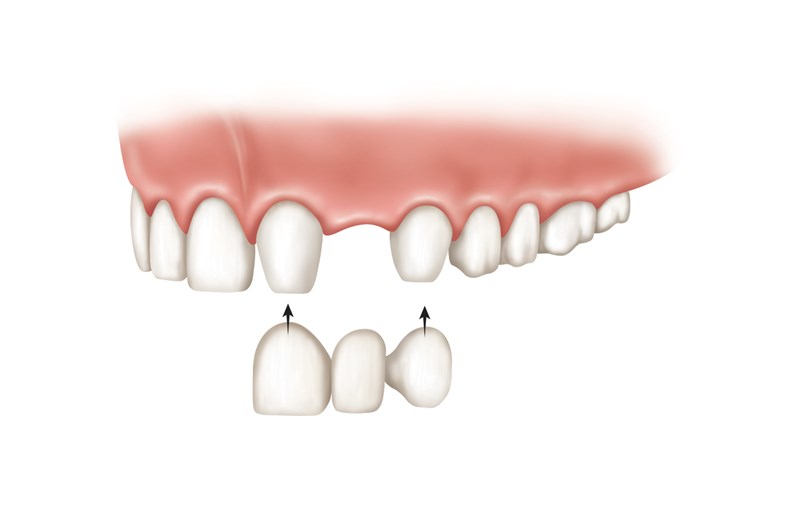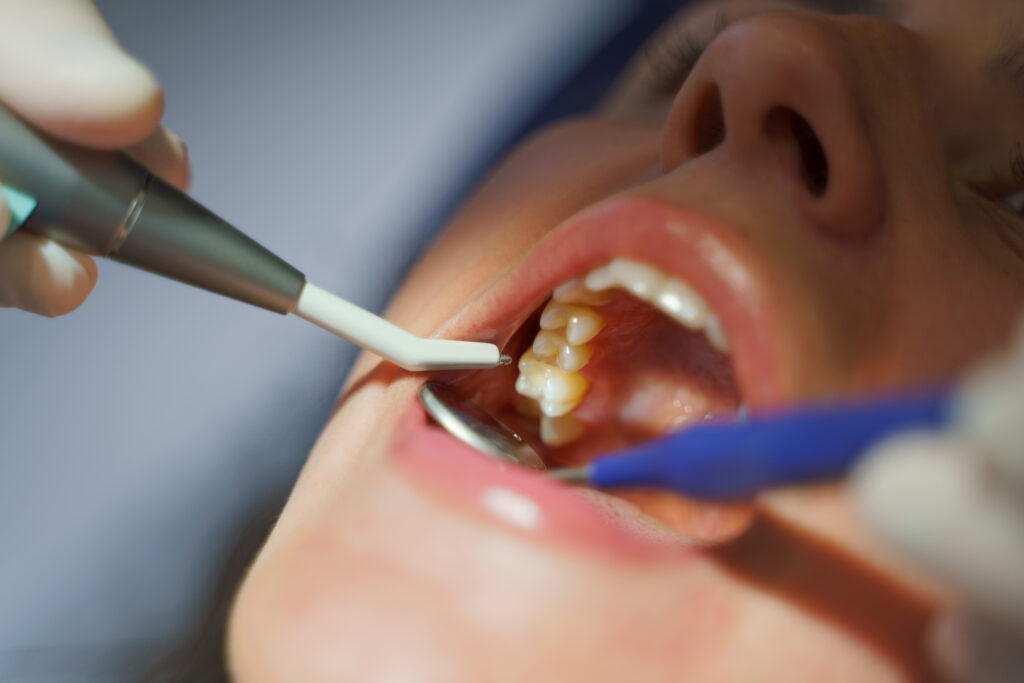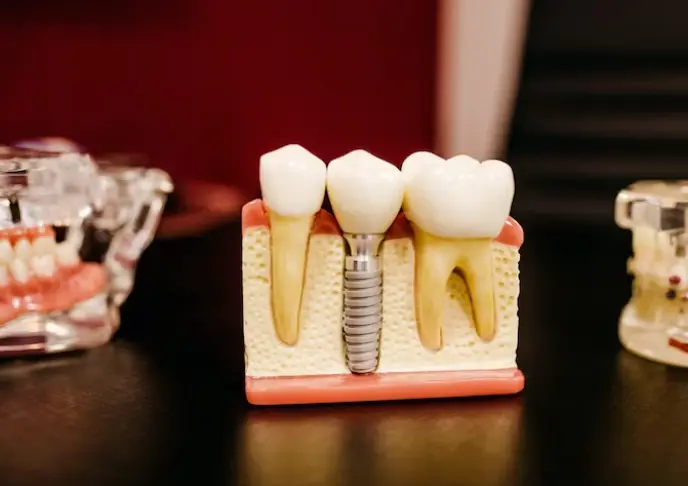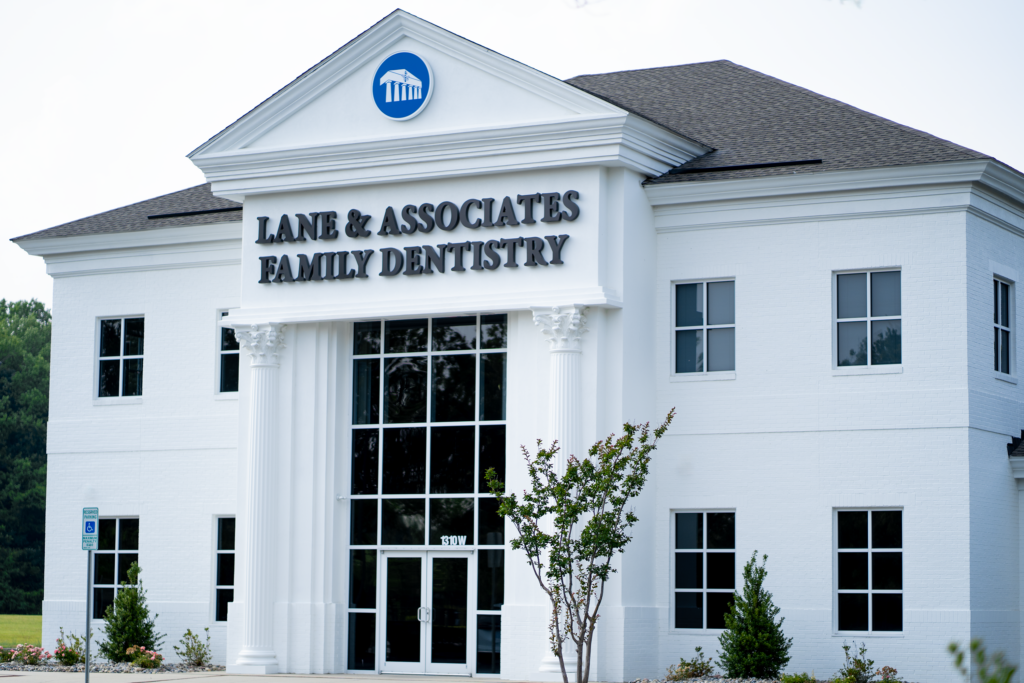Building Healthier Teeth for a Lifetime
We’ve all been told at some point that milk “builds strong bones!” While this concept is widely known, have you ever considered what milk’s benefits mean for your dental health? Calcium, a key nutrient found in milk and other foods, plays a pivotal role in keeping your teeth strong, reducing tooth decay, and fortifying enamel.
At Lane & Associates Family Dentistry, we care about your overall oral health and want to ensure you have the knowledge to make good dietary choices. With dental care offices located conveniently across North Carolina, we’re here to help you better understand how simple habits, such as drinking milk or increasing your calcium intake, can significantly impact your smile.
Read on to find out how milk and calcium work together with proper dental care to promote healthier teeth, and learn why visiting your dentist regularly is an essential part of the equation.
What Makes Calcium Essential for Your Teeth?
Calcium is a mineral your body needs to maintain strong bones and teeth. Over 99% of the body’s calcium is stored in these two areas. For your teeth specifically, calcium helps in the formation and maintenance of enamel, the hard outer layer that protects against decay.
Foods Rich in Calcium
While milk is often the first source that comes to mind when discussing calcium, other foods can also help you meet your daily requirements. According to the American Dental Association, some calcium-rich options include:
- Dairy products like yogurt, cheese, and milk
- Leafy greens such as broccoli, kale, and cabbage
- Citrus fruits like oranges
- Fortified drinks and cereals
- Protein-rich salmon and beans
For a balanced diet, integrate these foods alongside proteins and fiber-rich options for overall oral and bodily health.
How Does Milk Protect Your Teeth?
Studies confirm that milk, which is naturally high in calcium and phosphorus, plays a significant role in maintaining strong, healthy teeth. It not only strengthens enamel but also reduces the risk of cavities and tooth decay.
The Science Behind Milk’s Benefits
Milk contains a protein called casein, which interacts with calcium and phosphorus to form a protective film on your teeth. This film acts as a barrier that shields enamel from harmful bacteria and acids that cause decay.
According to recent research highlighted by Colgate, people with high dairy consumption are less likely to suffer from cavities or enamel erosion. Adding three servings of milk or dairy products daily is an easy way to support your oral health.
How Much Calcium Do You Need?
An adult generally requires about 1,000 milligrams of calcium daily, a requirement that increases to 1,200 milligrams for individuals over 50. Children and teenagers, whose teeth and bones are still developing, need anywhere from 1,000 to 1,300 milligrams daily.
You don’t need to rely solely on milk to meet this target. Eating a variety of calcium-rich foods and considering supplements, if recommended by your healthcare provider, can help you maintain optimal levels.
Calcium’s Role in Preventing Dental Conditions
Calcium doesn’t just strengthen teeth—it also plays a vital role in preventing common dental problems.
Fighting Tooth Decay
Calcium remineralizers tooth enamel, counteracting the early stages of decay. With sufficient calcium intake, you’re less likely to experience issues like cavities.
Preventing Tooth Loss
Over time, calcium deficiency may contribute to tooth loss, especially in older adults. Combine calcium-rich nutrition with professional services such as restorative dentistry to ensure you maintain a full, healthy smile for years to come.
Avoiding TMJ Issues
Calcium is also essential for maintaining the health of your jawbones. Insufficient calcium can lead to osteoporosis, potentially contributing to temporomandibular joint (TMJ) disorders. If you’re dealing with jaw discomfort or alignment concerns, TMJ treatment might be a helpful solution.

Enhancing Oral Health with Professional Care
While milk and calcium are vital for strengthening teeth, they are no replacement for regular visits to your dentist. Professional dental services go hand in hand with good dietary habits to ensure optimal oral health. At Lane & Associates, we offer a comprehensive range of options, including general dentistry, cosmetic dentistry, and orthodontics.
Our friendly team is committed to helping patients maintain healthy smiles through preventive care, education, and advanced treatments.
Additional Tips for Dental Health
- Drink Milk Regularly – Incorporate it into your meals or enjoy it as a snack to help prevent acid attacks on your enamel.
- Pair Calcium with Vitamin D – Vitamin D helps your body absorb calcium effectively. Consider sun exposure or fortified foods like cereals.
- Schedule Preventive Check-Ups – Regular cleanings and exams allow your dentist to monitor your enamel health and catch potential decay early.
- Address Concerns Quickly – If you experience tooth sensitivity, discoloration, or pain, schedule a consultation. Our team also provides advanced oral surgery when necessary.

Start Your Journey to Stronger Teeth Today
Adding calcium-rich foods, like milk, to your diet is a simple yet impactful way to protect your teeth and overall oral health. The benefits of milk and calcium extend beyond strong teeth to better bone health and a reduced risk of dental issues. Pair these healthy habits with professional dental care, and your smile will thank you!
If you’re ready to prioritize your dental health, visit one of Lane & Associates’ conveniently located offices across North Carolina. From general dentistry to cosmetic and restorative services, we’re here to provide personalized care for your entire family.
Schedule your appointment today and take the first step toward a healthier smile!


